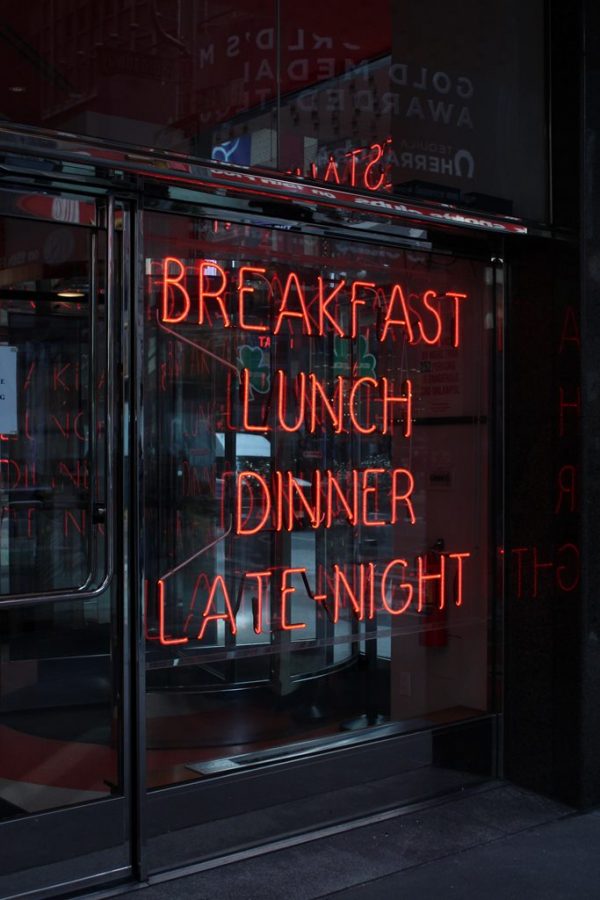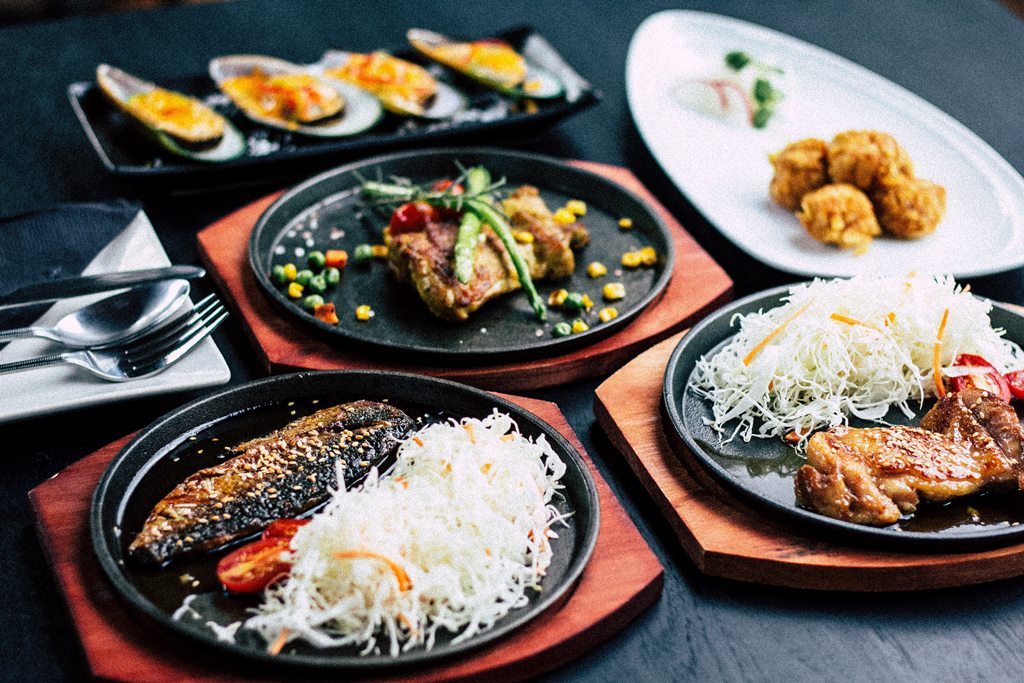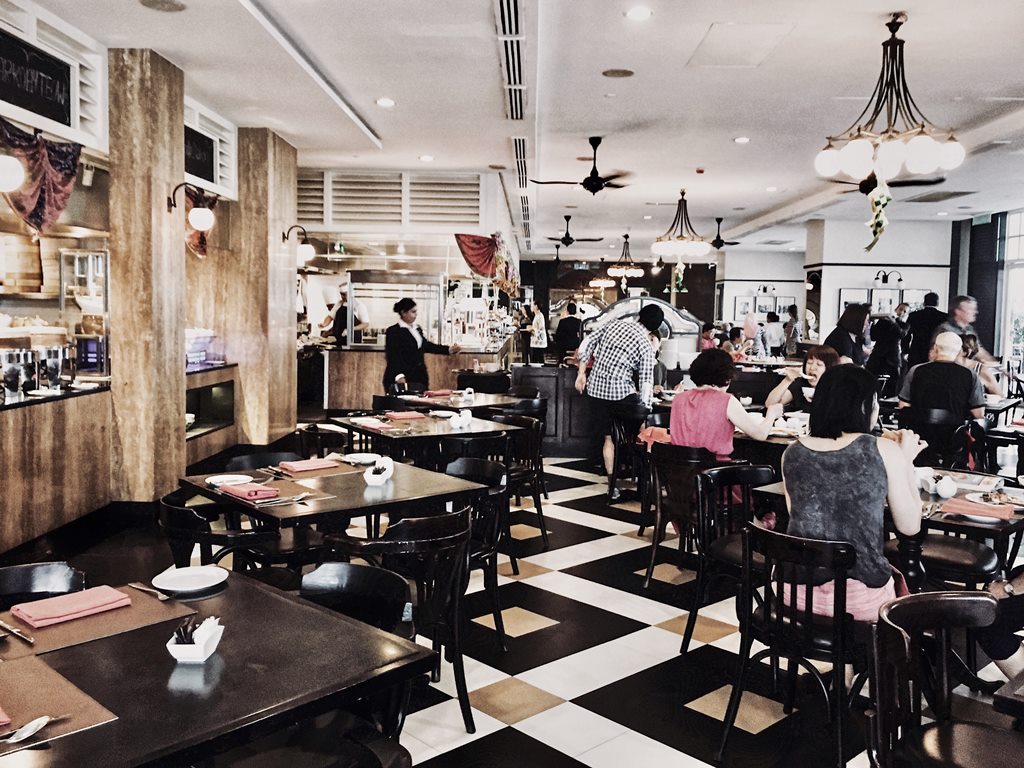Social media, increasing automation, reliance on computers, artificial intelligence, and now a global pandemic. The world’s hospitality industry may never be the same again.
This article was written by ExpatGo contributor Jennifer Dawson.
Digitization has become one of the key responses of the hospitality sector to the current global health crisis, but it is just one of many strategies employed by successful companies. From improved websites to table ordering apps, new technology has enabled restaurants and hotels to continue offering customers satisfying dining experiences while enhancing safety and security.

As stated by academics from leading hospitality school, Les Roches, however, these changes are far from a temporary remedy; in fact, digital transformation is here to stay. If you are a keen gourmet and you love nothing more than visiting foodie havens like Troika Sky Dining, Lot 10 Hutong, Mercat Barcelona Gastrobar, or other popular jaunts both in Malaysia and abroad, watch out for the following changes aimed at making the dining experience smoother, quicker, and more high-tech.
TABLE ORDERING APPS
Restaurant menus can gather a host of germs; they also involve cost and consume energy during the design and printing processes. A table ordering app reduces costs and offers a more hygienic experience. Even in the era of new normality, establishments that adopted this technology in 2020 or 2021 are likely to continue, since research indicates that it boosts customer spending owing to aspects such as increased user control, the use of attractive imagery, and the immediate availability of items (just think of how long you may have had to wait in the past to flag down a waiter to order an additional item).

Just a few establishments with mobile ordering functionalities include Murni Discovery, Home Noodle, Frisky Goat Bakery Café, and Naughty Nuri’s, along with Tapaz in Langkawi.
ADVANCED PAYMENT SOLUTIONS
Booking.com reports that around 20% of clients will not make a booking if their chosen payment option is not offered. Top hotels are offering clients as many payment options as possible. Many are vaulting accounts safely in e-wallets (via PayPal, Visa checkout, Apple, and Google Pay, amongst other systems), to enable clients to make purchases without having to enter their card details every time. E-wallet systems also boost security, reducing fraud and building trust with clients. Contactless payment systems are also proving popular.

AI IN HOSPITALITY
Artificial intelligence (machine learning) is revolutionizing the hospitality and restaurant trades by giving business owners unique insights into customer preferences for the purpose of creating targeted offers and personalizing loyalty programs. By obtaining information about guests’ or diners’ schedules, loyalty, and seat or room preferences, establishments can offer a bespoke experience that makes patrons feel more valued. AI can also help businesses in the industry forecast demand patterns and prices.

Finally, it can be utilized to analyze customers’ social media usage in order to glean which features of loyalty programs attract customers, and which are failing to meet their mark.
Challenges are often the necessary spark for innovation and change. The year 2020 forced a wide array of industries – including the hospitality sector – to up their tech game, with digitization playing a starring role in a transformation that is bound to have lasting effects. Contactless payments, advanced payment options, and the use of AI to connect with clients are just a few technologies that will enable customers to enjoy bespoke experiences, and businesses to reach their targets.
"ExpatGo welcomes and encourages comments, input, and divergent opinions. However, we kindly request that you use suitable language in your comments, and refrain from any sort of personal attack, hate speech, or disparaging rhetoric. Comments not in line with this are subject to removal from the site. "





















